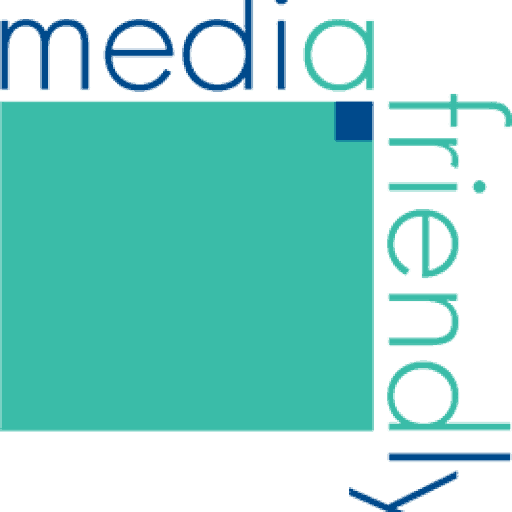Here are Andrew Carapiet’s top tips for how to come across well in a Media Interview.
- Speak in an appropriate tone – enthusiastic when extolling a virtue; regretful when announcing cutbacks; determined when outlining future policy; deeply saddened when discussing a tragedy.
- Exude confidence without sounding boastful or arrogant. Always bear the “public sympathy line” in mind. That is, the line between you and the interviewer. If you cross it with arrogance, complacency, aggression, or rudeness, you will lose the audience support. If you remain confident, pleasant, modest, enthusiastic and, above all, reasonable, you will not lose.
- While “ums” and “errs” may prove a slight irritation, it is your overall fluency and confidence, which will count. Remember that a worried look undermines the words you choose; as does a sneering appearance.
- Maintain good eye contact with the interviewer. This means that your eye contact with the audience watching at home will be good. A sudden glance away during, or immediately following an awkward question, is most damaging.
- If the interview is being conducted standing up, try and stand still. Please do not fold your arms in front of you (defensive), or wave them around in front of your face. A little hand movement is perfectly acceptable as long as it does not go above your neck, interfering with the eye line between your face and the camera.
- Without hesitation, answer each question by putting forward one of your own 3 key points – using a subtle bridge between the question and the answer (eg. “That may be so, but …” or “You could also argue that…”).
- You do not have to always answer the question, but you do have to address the question. So the trick is to get one of your bullet points into an answer, which is relevant to the question – that addresses it in some way.
- Always attempt to pull answers around into areas you wish to debate or explore. You do not want to be bogged down in areas which you have no knowledge and little interest.
- When allegations are made, always make a firm rebuttal. Knock them down with phrases like “That’s utter nonsense …” and “You know as well I do, that is simply not the case!” Hesitation and awkward glances are sure signs of guilt.
- Never repeat the negative terminology of the question – even in a denial. If you repeat the interviewer’s mischievous words, you give them credibility. So do not answer the question, “Have you failed?” with, “No we have not failed! Definitely not failed!! Failure is not a word in our vocabulary!!!” (You have just used it three times!)
- Journalists may try to get you to reveal more then you want to. Avoid issues you do not want to discuss, by talking your way into a more positive area. (Sometimes a good bridging phrase is “It’s too early to say, but what I can tell you is …”).
- Avoid using the interviewer’s name – unless in a radio interview using several contributors. It can sound patronising or chummy – to the exclusion of the audience. It may also be that another reporter “voices” the report, leaving your name-check out of place.
- Remember that this is your platform. It’s your chance to get your message across as effectively as you can.
Next week read Part 2 of how to give your best performance during a Media Interview.
In the mean time you can have a look at our Course list or our Free Videos and Downloads.
